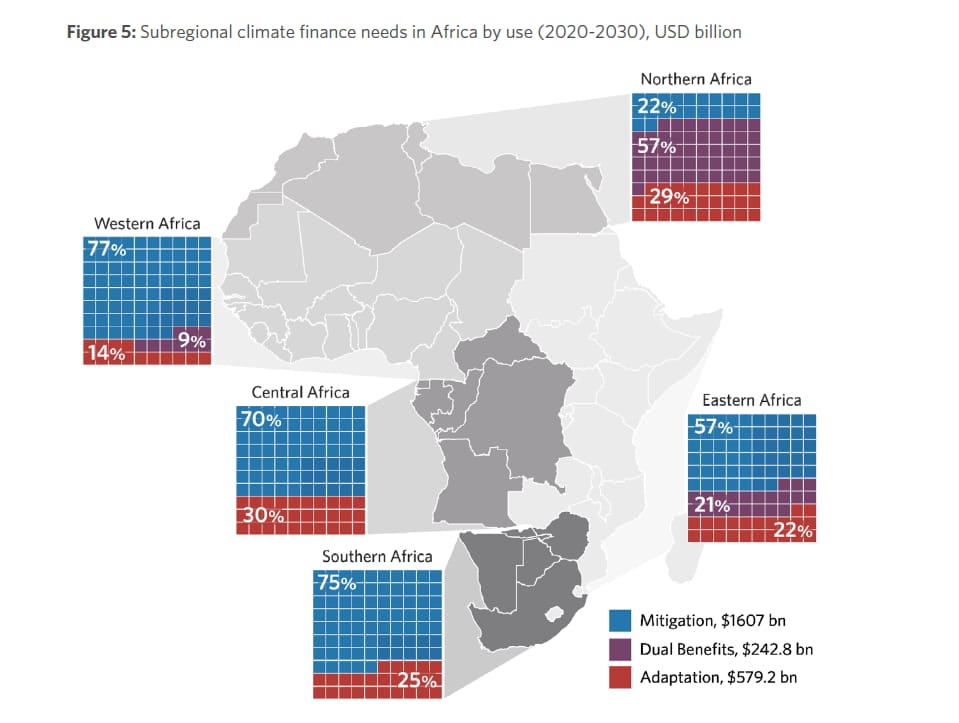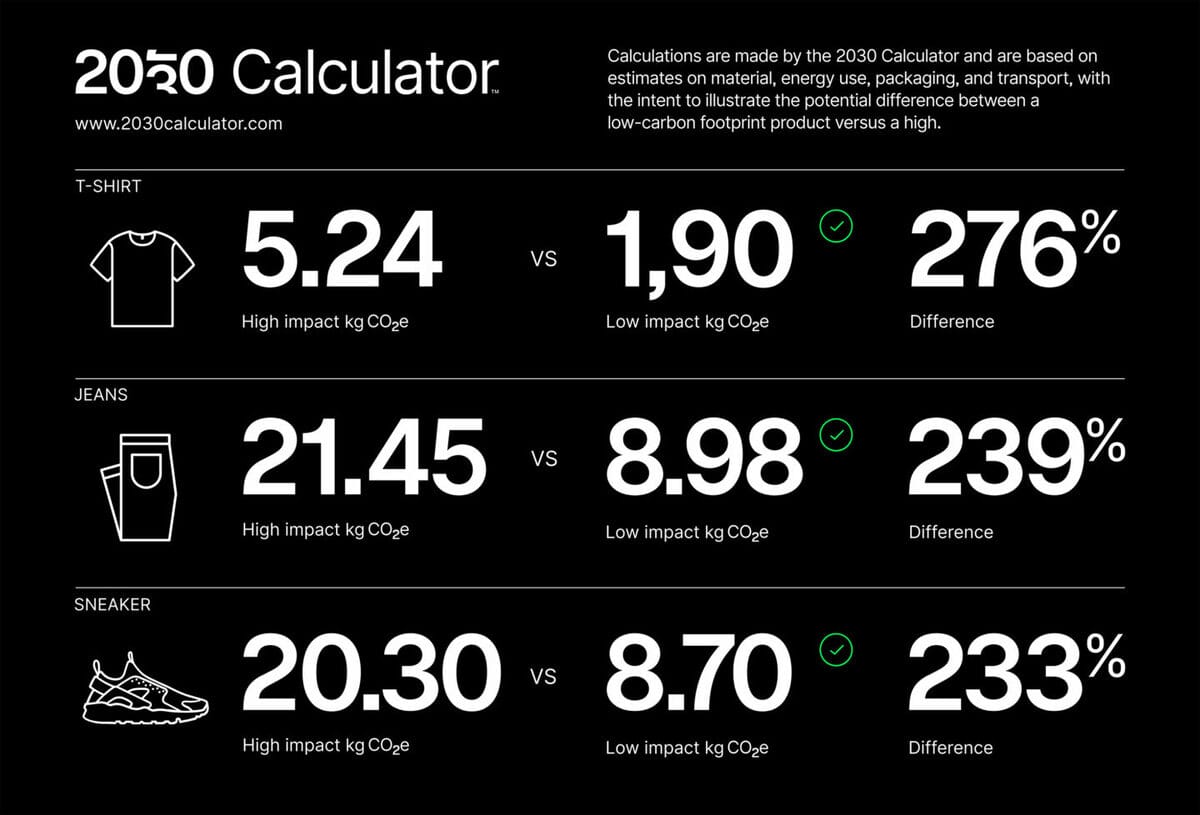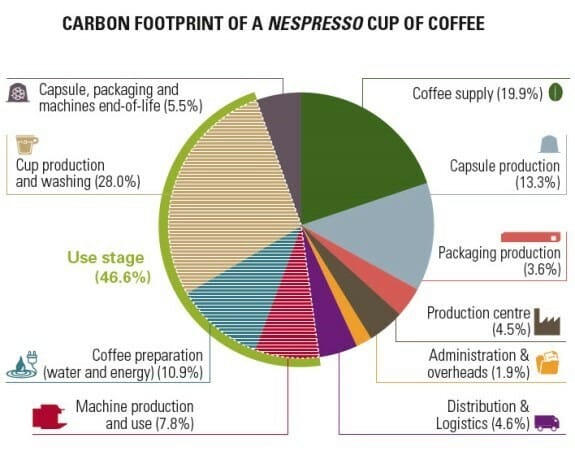The message her majesty delivered ahead of the COP26 climate conference last year highlighted her dedication to fighting climate change:
“None of us underestimates the challenges ahead: but history has shown that when nations come together in common cause, there is always room for hope.”
In today’s edition:
💰 Push for African climate finance
🛢 Bitesize carbon capture
🗞 Stories not in the news
Forwarded on this email by a friend?
💼 Big Business (1-minute read)
From around the globe
African nations push for more climate finance: A hot topic from a meeting of African ministers was the expansion of climate financing for Africa, which currently benefits from under 5.5% of global financing to support climate adaption and mitigation (despite suffering disproportionately from climate change). Expect this to be a key agenda item at COP27.
Australia passes landmark carbon-cutting legislation… that mandates a reduction of carbon emissions by 43% from 2005 levels by 2030 and net zero emissions by 2050. A significant step considering a few years ago, the ex-prime minister brandished a lump of coal in Australia’s parliament to show his political party’s support for the industry.
China pushes ahead with Indonesia’s hydro-plant project: A Chinese construction company has started work on south-east Asia’s largest hydroelectric station. The $17bn project is expected to be complete in 2035, compromising 5 dams with a combined power generation of 9 gigawatts (enough to power 9 million UK homes for 1 hour).

eBay to offer shoppers more choice on pre-owned clothes
eBay has partnered with clothing repair and resale company Reskinned to expand their online marketplace for pre-owned items. Reskinned takes worn items from shoppers and brands and reconditions them for resale (or, if the items don’t meet resale criteria, repurposes/recycles them). The partnership will connect new resale items with over 20 million eBay shoppers.
Why’s this important? Shoppers can save money while cutting back on fashion waste (compared to purchasing from conventional fast-fashion retailers). At the same time, eBay ensures they’re well positioned to benefit from the predicted 127% growth in the secondhand apparel market by 2026 - something we discussed before.
Tesla looking at building lithium refinery in Texas
As lithium (a key material in electric vehicle batteries) prices continue to skyrocket due to surging demand, Tesla is considering setting up a lithium refinery in Texas. The battery-grade lithium refining facility - the first of its kind in North America - would process raw ore into a usable state for battery production. If plans go ahead, the carmaker can secure its supply chains, lower logistics costs and potentially gain from incentives from the government. This move comes as evermore battery makers look to increase production in the US and reduce reliance on Chinese manufacturers (who control 60% of the world’s lithium mining).
🤖 Future of Tech (1-minute read)
Doconomy partners with Plaid to enable carbon impact calculations for FinTechs and Financial Institutions
Doconomy is a fintech scale-up focused on helping customers track the environmental impact of what they buy - breaking down the impact of each transaction they make in CO2e and H2O. Doconomy have just partnered with financial services institution, Plaid, to bring their services to over 12,000 financial institutions and 6,000+ financial applications in Plaid’s network. Expect to see more shops starting to display impact data at checkout and banks breaking down your monthly statements.
Our take? More consumers with readily available information on the impact of their everyday purchasing should = more sustainable decision making. BUT the cost of living crises globally will demand that sustainable products remain at price-parity to alternatives for this to be the case.

Mitsubishi Heavy Pursuing Bitesize Carbon Capture (CC) devices
Situation: Technology to remove carbon dioxide from emissions before they enter the atmosphere is still nascent, but many are already banking on the approach to support difficult-to-decarbonise industries.
Challenge: Wide-scale adoption of CC has faced headwinds, in part, due to the size and expense of most capture systems, which can cost up to $500 million.
What’s New: Japan’s Mitsubishi Heavy Industries Ltd announced plans to start a line of smaller, modular CC systems focused on small polluters like municipal waste incinerators, cement plants or ships - in the hope of making CC more economical to support widespread adoption.
Tailwind: The US Inflation Reduction Act passed last month, which increases tax credits for carbon captured at industrial facilities, could boost such projects.
🗞 Not In The News (1-minute read)
All hail the mighty coffee ball
A new theme from our usual deep dive - we hunt for sustainable stories not making front page news. Drop us a reply and let us know which you prefer.
What’s happened: Swiss retailer Migros is launching ‘Coffee B’, a coffee-making system designed to replace capsules that produce thousands of tons of waste worldwide yearly. The spherical capsules — described as “coffee balls” — are fully compostable, unlike the 42 aluminium million coffee pods ending up in the waste bin daily.
The details: Migros said its coffee balls are encased in a thin, flavourless, seaweed-based cover that can be discarded with the spent coffee after use.
Business lens: Two interesting bits about this story…
Firstly, CoffeeB has been set up as a separate entity from the Migros brand. This offers the new concept the freedom and autonomy to fail fast and bypass stifling governance procedures often associated with larger organisations.
It also shines a light on the impact that climate-led product design can have in creating compelling and impactful customer experiences.

💭 Little Bytes
Quote: “Currently, the world is heading toward ~2 to 3C of global warming; at best, if all net-zero pledges and nationally determined contributions are implemented it could reach just below 2C.” A report highlights that exceeding 1.5°C global warming could trigger multiple climate tipping points.
Stat: Mental health issues cost Indian firms $14bn a year
Watch: The device that creates drinking water from thin-air
🗞 In other news…
The UN Secretary-General has called for massive international support for the flood-ravaged Pakistan, with the cost of flood-related damages placed at $30bn
A report has highlighted the investment required to mainstream green hydrogen but warns against neglecting other available green energy solutions.
Dutch city became the first to ban meat adverts in public to cut consumption after meat was found to contribute to the climate crisis.
‘Solar Trees’ could be the EV charging station of the future; it contains “world’s first” 3-D leaf-shaped photovoltaic nanotechnology, utilizes thin-film solar cells and has a power generation capacity of 5 kilowatts.
